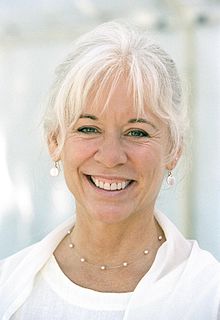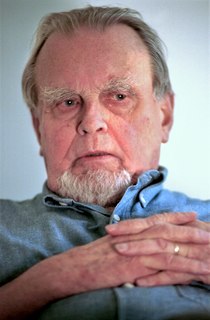A Quote by Ayn Rand
Sacrifice is the surrender of that which you value in favor of which you dont
Related Quotes
People talk of the sacrifice I have made in spending so much of my life in Africa. Can that be called a sacrifice which is simply paid back as a small part of a great debt owing to our God, which we can never repay? All these are nothing when compared with the glory which shall be revealed in and for us. I never made a sacrifice.
Discipline brings us effort, sacrifice and suffering. Later it brings us something of an inestimable value: something of which those who live only for pleasure, profit or amusement will always be deprived. This peculiar indefinable joy which one must have felt oneself to understand is the sign with which life marks its moment of triumph.
Did it ever occur to you, that there is no conflict of interests among men, neither in business nor in trade nor in their most personal desires if they omit the irrational from their view of the possible and destruction from their view of the practical? There is no conflict, and no call for sacrifice, and no man is a threat to the aims of another if men understand that reality is an absolute not to be faked, that lies do not work, that the unearned cannot be had, that the undeserved cannot be given, that the destruction of a value which is, will not bring value to that which isn't.
You must give what will cost you something. This, then, is not just giving what you can live without but what you can't live without or don't want to live without, something you really like. Then your gift becomes a sacrifice, which will have value before God. Any sacrifice is useful if it is done out of love. This giving until it hurts - this sacrifice - is what I call love in action.
Sooner or later a democracy which is to survive has to be able to rely upon that enlargement of vision and purpose of those individuals who compose it, which means that their craving for devotion and self-sacrifice is satisfied in a democratic society on a nobler level, and with a finer recognition of the value of individual personality than is true of a national purpose of a totalitarian state under a dictator.
We believe that man's value - as every creature's value, ultimately - lies not in the mere intellect but in the spirit: in the capacity to reflect that which, for lack of a more precise word, we choose to call “the divine,” i.e. that which is true and beautiful beyond all manifestation, that which remains timeless (and therefore unchangeable) within all changes.
Embedded in every technology there is a powerful idea, sometimes two or three powerful ideas. Like language itself, a technology predisposes us to favor and value certain perspectives and accomplishments and to subordinate others. Every technology has a philosophy, which is given expression in how the technology makes people use their minds, in how it codifies the world, in which of our senses it amplifies, in which of our emotional and intellectual tendencies it disregards.




































